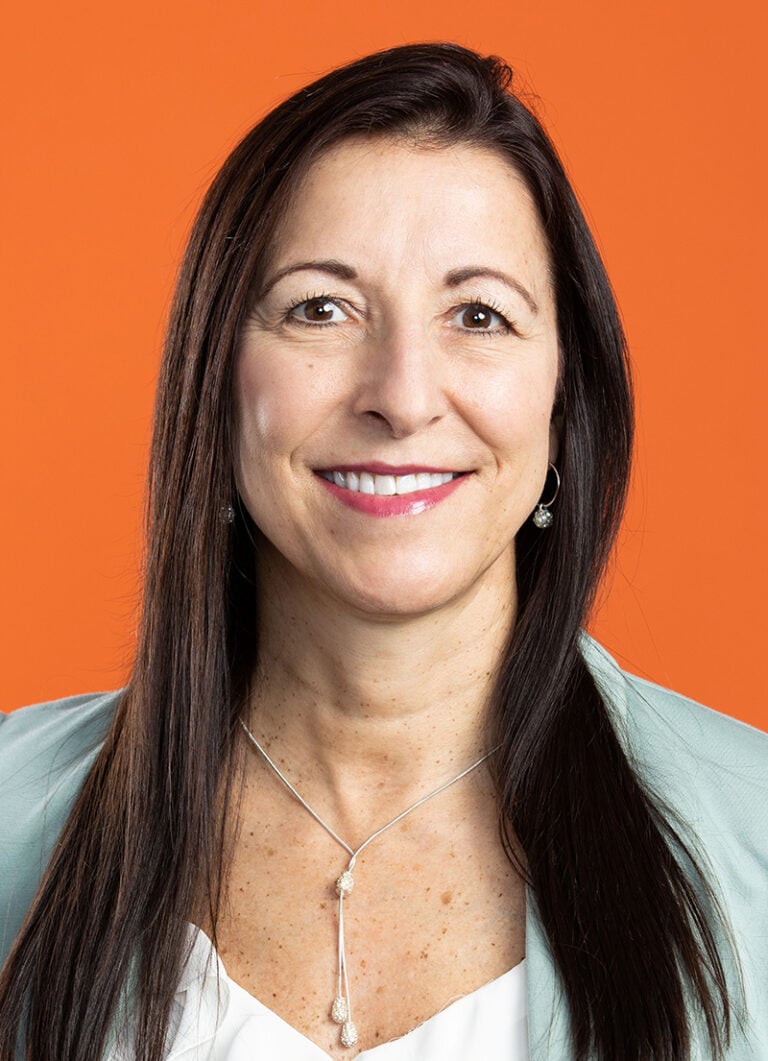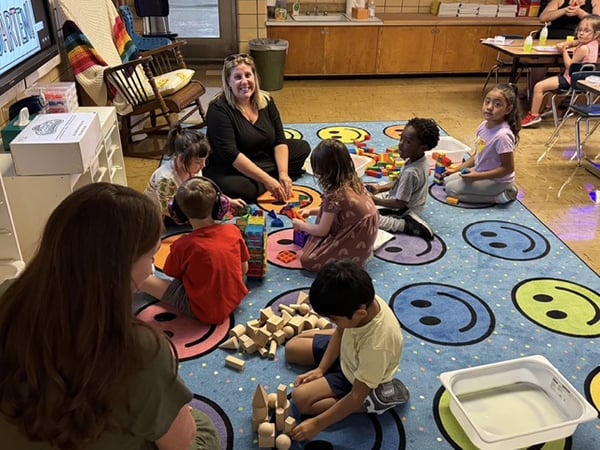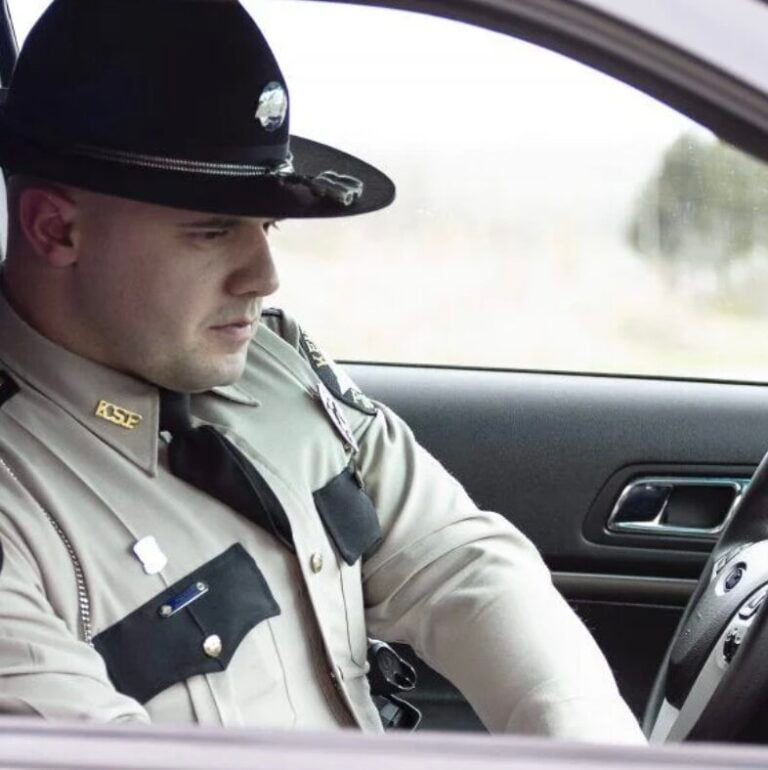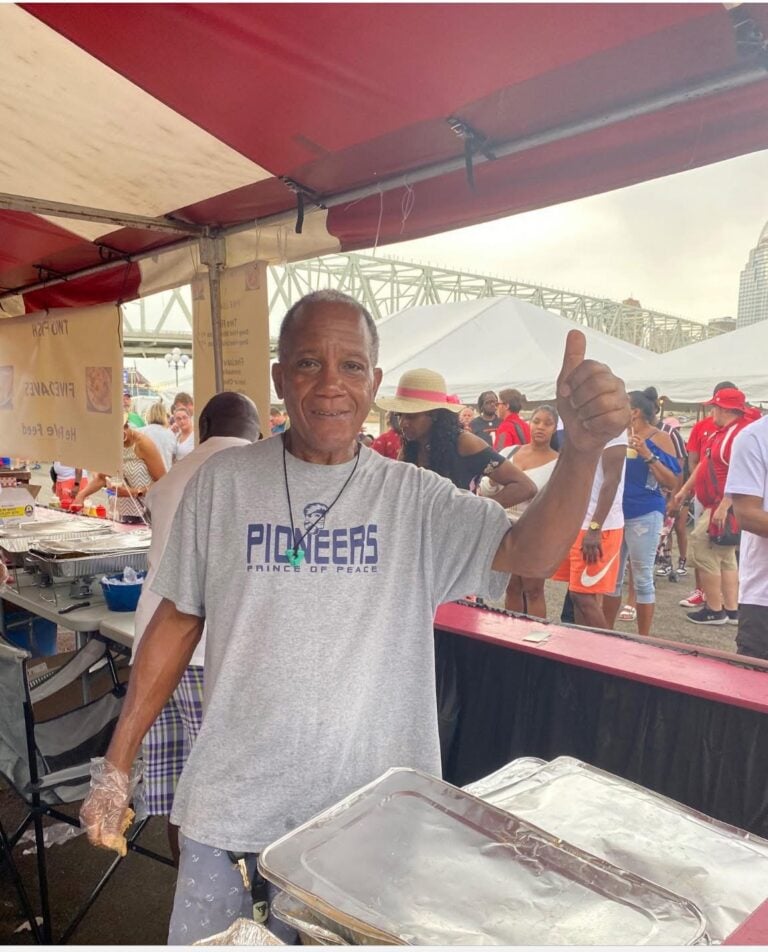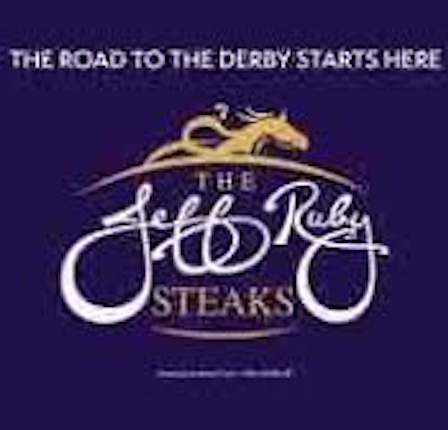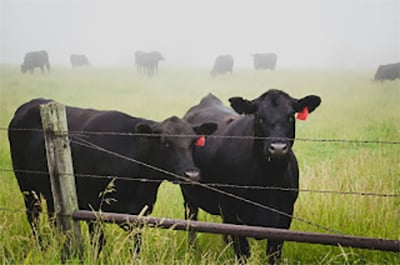By Andy Furman
NKyTribune staff writer
The name has changed. After more than 52 years of serving the Greater Cincinnati and Northern Kentucky Region, BAWAC has a new name – Proudworks. The mission, however, remains the same.
That rebranding was unveiled back in September.
“Our mission, “Jason Ashbrook, Proudworks President and CEO told the Covington Rotary Club this week, “is to transform barriers into opportunities for people with disabilities, or other challenges, by empowering them with services to live, learn, work, and thrive in the community.”
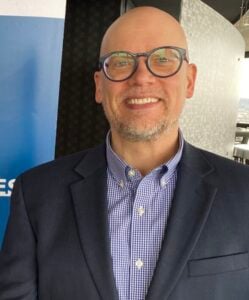
But Jason, why Proudworks?
“Our staff was going through a strategic branding process earlier this year,” he told the Northern Kentucky Tribune. We had much feedback on the name BAWAC. Our Proudworks is a little more straight forward – and not an acronym.
“The name Proudworks better reflects the dignity, impact, and expanded scope of today’s organization, which serves multiple counties and offers a broad range of programs.”
The BAWAC (Boone Adult Work Activity Center) has certainly evolved to meet the changing needs of the community since its founding in 1973.
“Our mission,” continued Ashbrook, a Thomas More University graduate who brings more than 25 years of experience in workforce development, nonprofit leadership and public-private partnerships to the position, “is accomplished through job training, community/supported employment, production and industrial support, aging and life transition services and transportation.”
The organization served 432 individuals and 87 businesses across eight countries this year, Ashbrook said. And the impact:
• Packaging, labeling, and/or sorting over 12 million items for local companies, while simultaneously providing job and life skills training to individuals,
• Traveling more than 820,000 miles to provide transportation to/from work, day programs, and medical appointments across eight counties, averaging 400 trips/day,
• Providing over 70,000 hours of job training, life skill instruction, Life Transitions programming, community integration, and recreational services.
There are barriers and challenges working with people with disabilities, says Ashbrook. He cities some vital statistics, such as:
• Employment population ratio for people with disabilities (PWD) is around 21 percent, compared to 65.4 percent for those without a disability,
• There is an 8.4 percent unemployment rate for PWD in the United States – 41.1 percent unemployment rate for the general population in the U.S.,
• There are perceived challenges about PWD – potential risks and liability, and
• There are fewer job opportunities available to PWD
Yet, Ashbrook is quick to note the value for hiring PWD. “There is an increase in employee retention; increase in overall productivity; and it strengthens the company culture and workplace,” he said. “Being part of the Proudworks team has felt like a return to my early roots working in supported employment, where I helped prepare and train individuals for employment within our local community, along with facilitating youth co-op programs to provide job exploration and placement opportunities.”
The services to individuals include:
• Customized planning and support for individual vocational goals,
• Job Training and Life Skills development in a real-life work setting,
• Community activities to promote, integration, socialization, and awareness,
• Specialty groups and classes on communication, work ethic empowerment,
• Resume and Interview skills and preparation,
• Job Development, coaching, attainment, and follow-up support,
• Project SEARCH – a one-year academic employment preparation program,
• Transportation – Over 60 vehicles to service eligible clients across eight counties, and
• Life Transitions program – transitional life needs, social/recreational therapy.
But perhaps the biggest thrill Ashbrook had, was when he told the lunch crowd of his Proudworks’ success stories. Those individuals that are now working in the community at places like Buffalo Bobs, McAlister’s, Toyota, The GAP, and Urbs Garage and Tire.
“The ideal scenario,” he says, “is job training with us, and then go in the field for success.”







